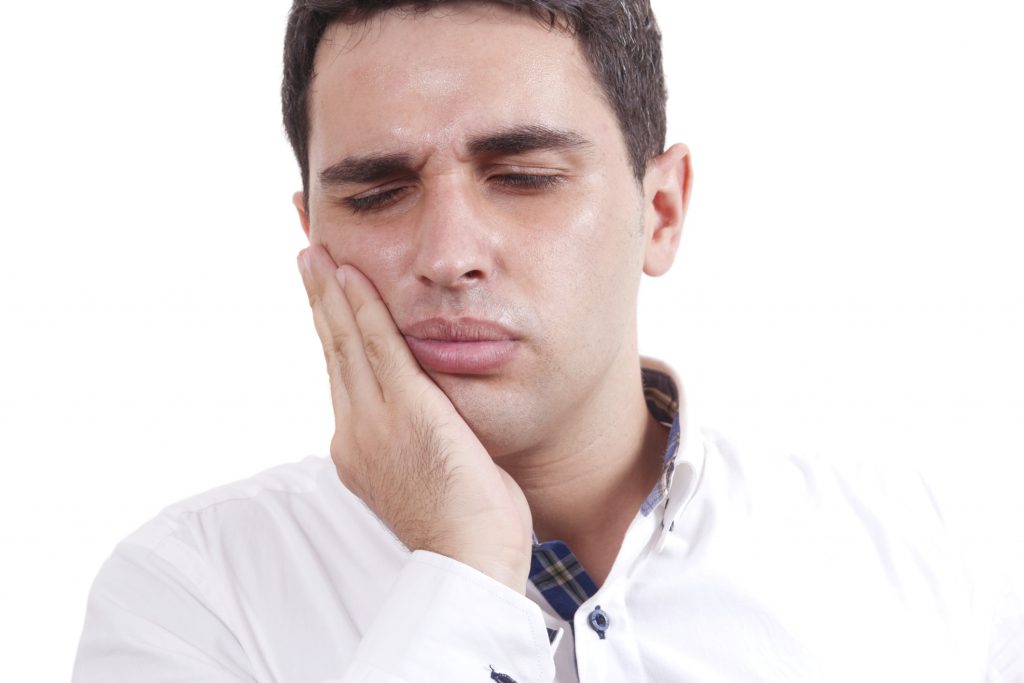
You’re at the dentist and you find out that you need a root canal. But what happens after the root canal? What if it still hurts? Understanding the reasons can help you figure out what to do.
A root canal is a surgical procedure. Some pain or discomfort is normal after this type of procedure. There are some things that will subside with a little aftercare.
- Inflammation and swelling. It is possible that the surrounding tissue and nerves can become inflamed after a root canal. This can cause some discomfort for a few days.
- Collateral damage. During the procedure, the instruments may cause a little damage to tissue around the site of the root canal.
- High temporary filling. It is possible the temporary filling is not smoothed down enough creating a high or rough spot that is sensitive to touch.
There are also times when the pain is related to something else. Pain for these reasons will require a return to the dentist for more treatment.
- Infection in the bone. It is possible for the infection to include some of the bone along with the tooth and the root canal may not have cleaned out this infection.
- Excess cement or air on the root tip. This is a result of the way the root canal was done.
- Missed canal. Your troth has more than one root canal. It is possible to miss a canal during this procedure.
Pain is a sign that something is wrong. If you have pain after a root canal, you should not ignore it. You need to figure out what the cause is, so you know what to do about it.
For more information about root canals, call Dr. Sciabica in Issaquah, WA at 425-392-3900 or visit www.issaquahdentists.com.
Dr. Frank S. Sciabica proudly serves patients from Issaquah and all surrounding areas.


